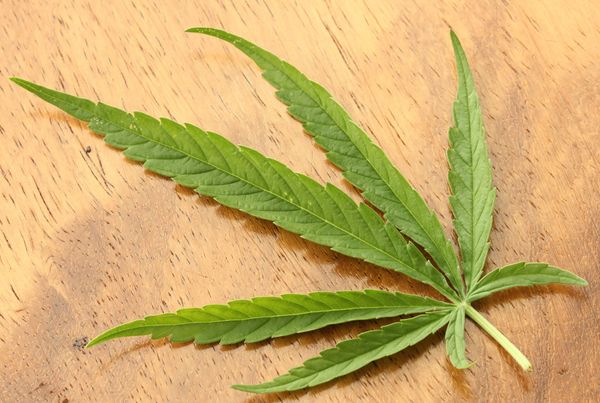- Spurred by the international trend, whereby an increasing number of countries are legalising marijuana, Brazil has decided to take its first steps in this direction. A report has been commissioned there to analyse the economic impact such a measure would have on the country. The positive results could pave the way for the liberalisation of cannabis.

Uruguay, Holland, Canada and most US states have already chosen to legalise marijuana use. Given this environment, other countries seem likely to be influenced by their neighbours and follow suit. Such is the case of Brazil, whose Chamber of Deputies has commissioned a report to see if the conditions are right to join in this trend in the near future. The results are clear: legalisation would provide state coffers with revenues of nearly R$6,000 million per annum (an approximate €1,600 million).
The ‘Economic Impact of Cannabis Legalisation on Brazil’ report has been drawn by the Legislative Consulting Body of the Chamber. Far from simply quantifying the revenue that cannabis decriminalisation would provide in taxes, it also indicates that the measure would generate annual state savings of almost R$1,000 million (€259.8 million, approximately). According to the report, legalisation would make it possible for commercialisation to cease to be regarded as trafficking, thus leading to a reduction in penitentiary system costs and police expenditure.

The data employed point out that an approximate 1.8% of Brazil’s population uses marijuana at least once a month. It follows from this figure that those people using legal cannabis at a national level would amount to some 2.7 million.
In order to rigorously measure the hypothetical tax collection, it was decided that the report should rely on the reality in Uruguay. The price adopted there is close to US$1.20 (€1.06) per gram, with a 40-gram limit per month for each customer. The application of similar prices would provide Brazil with about R$5,000 million (almost €1,300 million) per year.
This figure, however, still does not contemplate an increase in use resulting from legalization, which is why the report supplemented the formula with what happened in the state of Colorado, where cannabis use increased by 17% following legalisation. The estimate for the Brazilian market, therefore, is that the number of users will rise to 3.2 million people, which means that tax revenues could increase to up to R$5900 million.
Although nobody seems to have any doubts about the economic advantages of legalisation, the study undertaken is not decisive. While it supports the possible legislative initiatives that may be taken in Brazil, there is still a long way to go before liberalising policies are applied.


Comments from our readers
There are no comments yet. Would you like to be the first?
Leave a comment!Did you like this post?
Your opinion about our seeds is very important to us and can help other users a lot (your email address won't be made public).